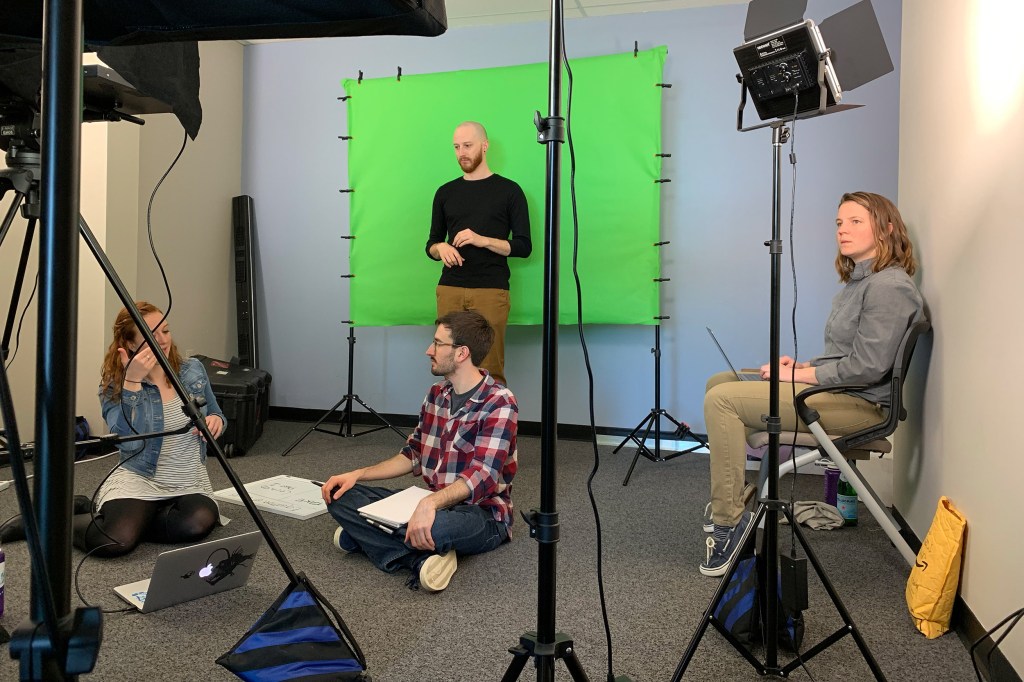Science & Tech
-

Preserving learning in the age of AI shortcuts
In podcast, teachers talk about how they’re using technology to supercharge critical thinking rather than replace it
-

A ‘cocktail’ recipe for brain cells
Stem cell biologists discover how to regenerate type damaged in ALS, spinal cord injuries

-

When you do the math, humans still rule
Harvard’s Lauren Williams, a MacArthur ‘genius,’ joins international effort to challenge notions of AI supremacy
-

‘Imagination’
Less like a picture, more like a video game? Cognitive scientist explains how we ‘see’ what isn’t real.
-

Breaking chess’s rating stalemate
Ranking skill can be tricky when the best players draw more than they win, so a Harvard statistician invented a new method

-
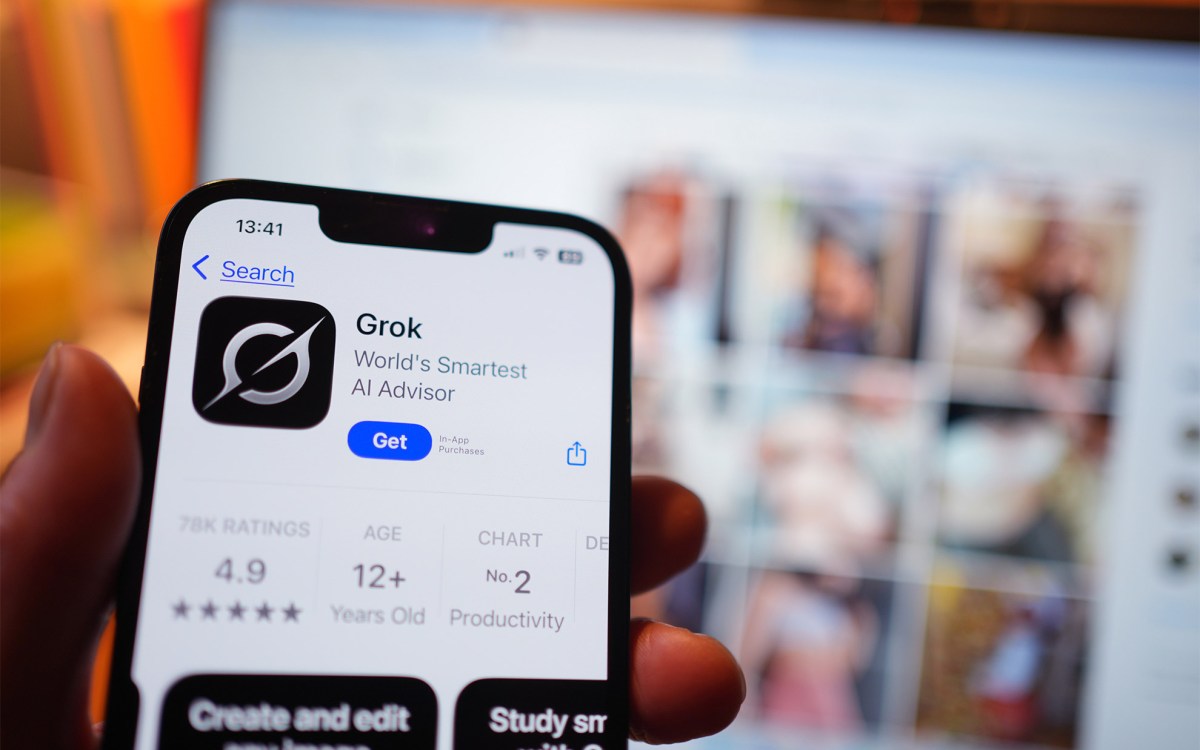
How AI deepfakes have skirted revenge porn laws
Limits unclear when explicit images of individuals look real, but are digitally generated
-
A gut feeling
Researchers identify links between genetic makeup of bacteria in human gut and several human diseases.
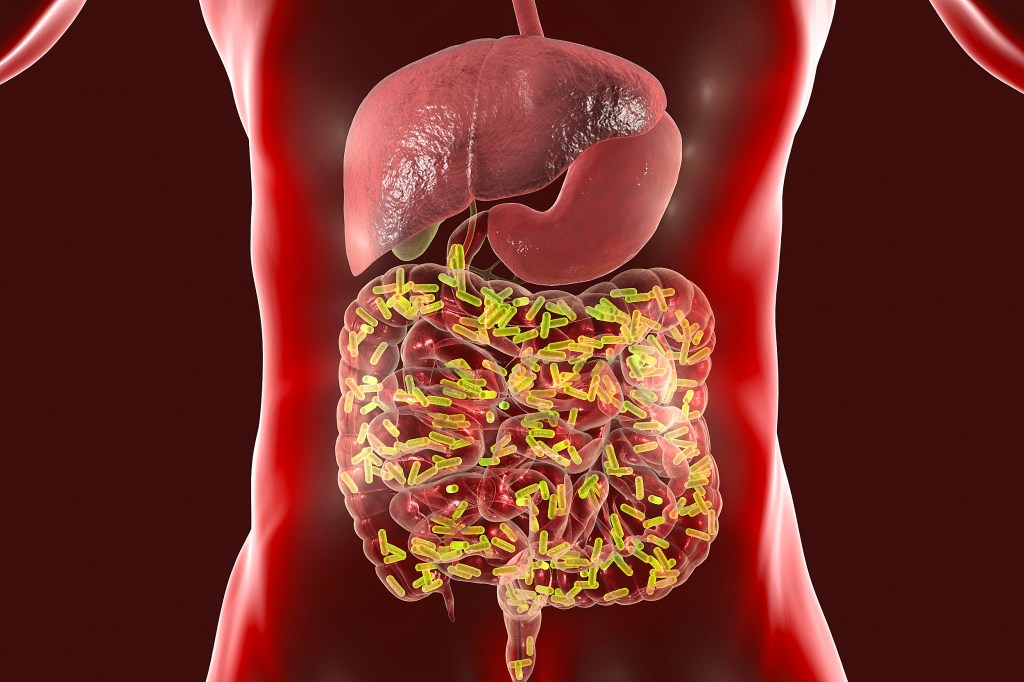
-
Not so black and white
Harvard researchers identify a mechanism with therapeutic potential for anemia.
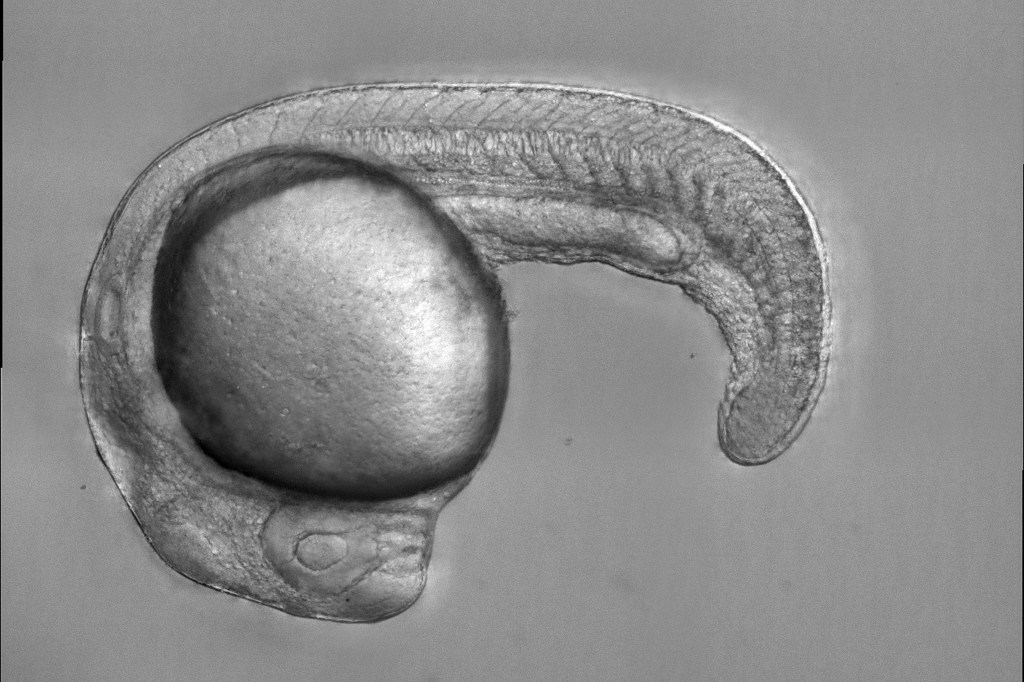
-
Battery breakthrough for electric cars
Harvard researchers have designed a stable, lithium-metal, solid-state battery that is far more efficient than lithium-ion batteries.

-
Study aims to quell fears over falling human sperm count
Rising fears over declining human sperm count among men in Western countries may be overblown, according to researchers at Harvard’s GenderSci Lab.
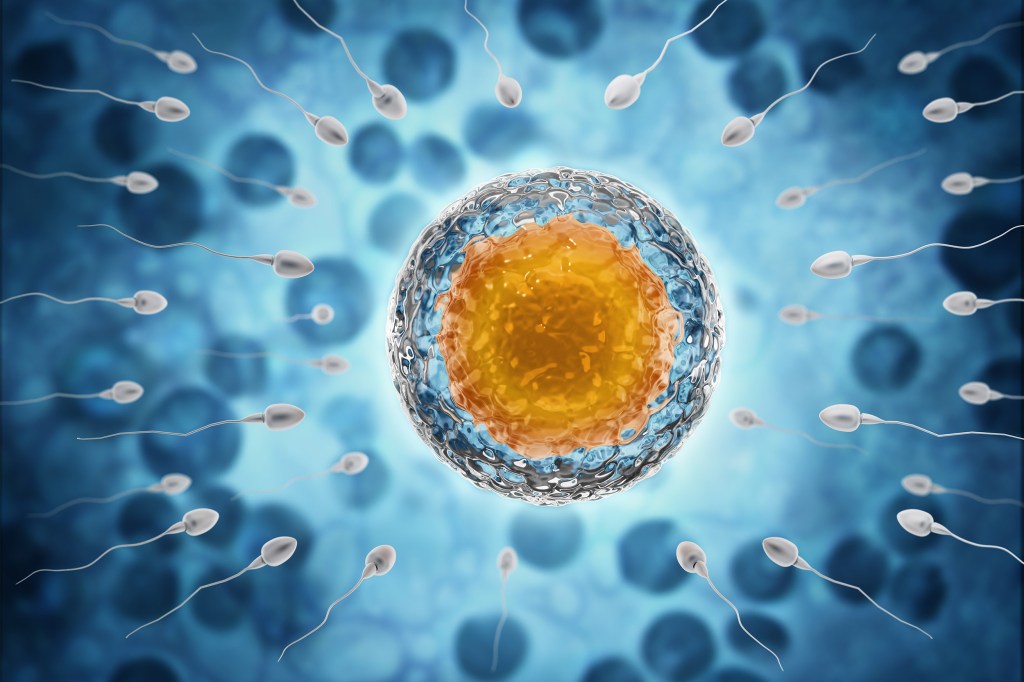
-
Turns out developing a taste for carbs wasn’t a bad thing
Findings on Neanderthal oral microbiomes offer new clues on evolution, health.
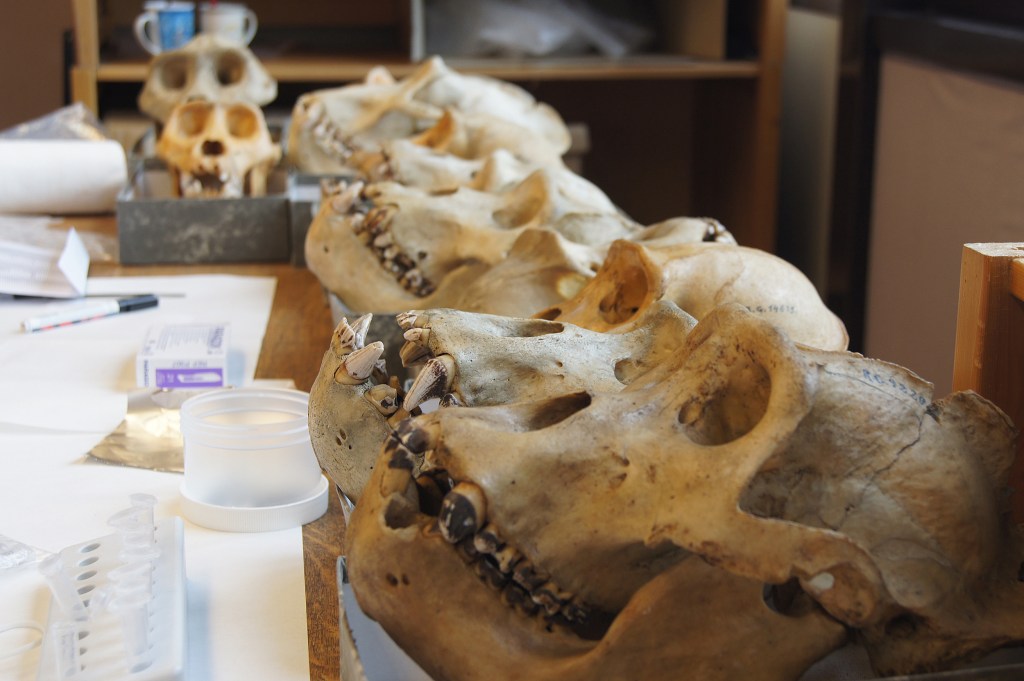
-
Why some die, some survive when equally ill from COVID-19
Researchers have identified a protein signature that may help answer the question, “Why do some patients die from COVID-19, while others — who appear to be just as ill — survive?”
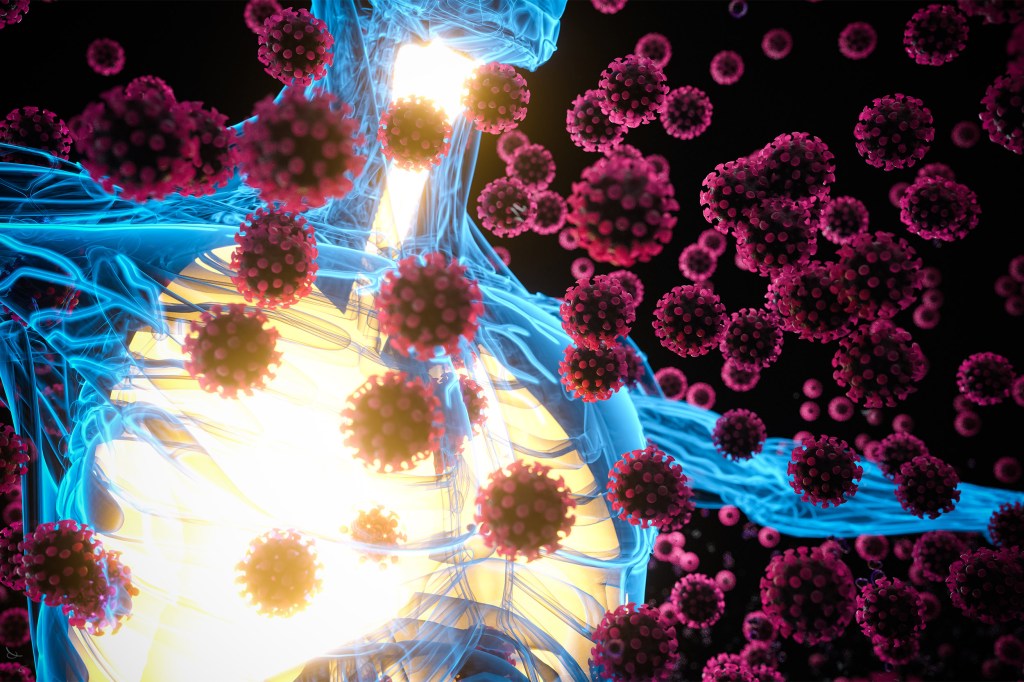
-
Human organ chips enable rapid drug repurposing for COVID-19
A Wyss Institute-led collaboration has used the institute’s organ-on-a-chip technology to identify the antimalarial drug amodiaquine as a potent inhibitor of infection with SARS-CoV-2, the virus that causes COVID-19.
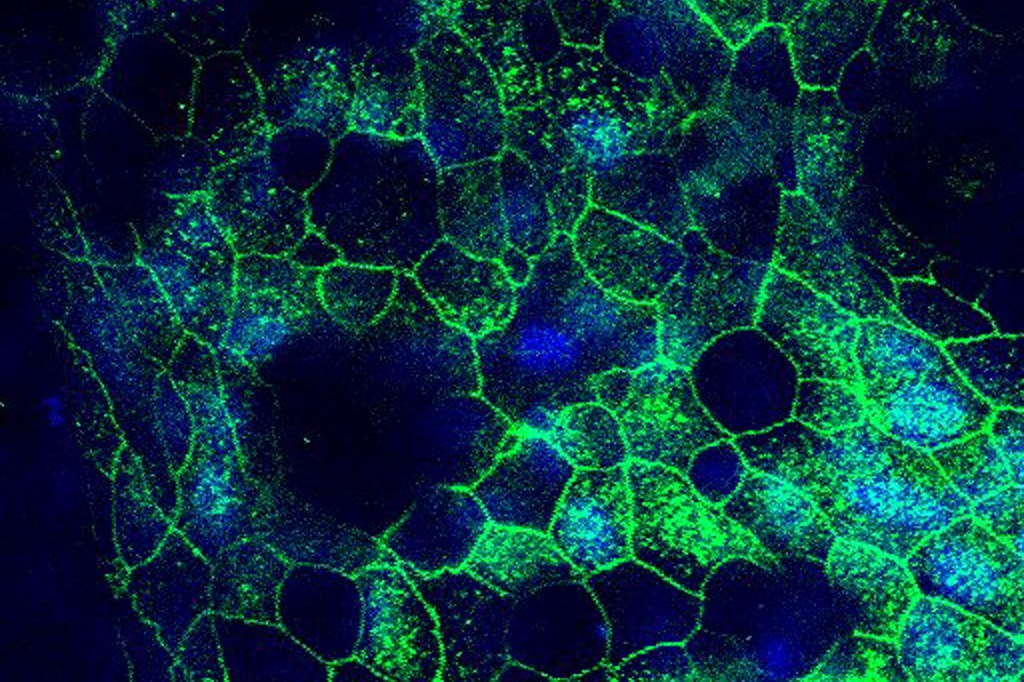
-
Earth may have been a water world 3 billion years ago
A new study suggests Earth’s primordial ocean 3 to 4 billion years ago may have been much larger than it is today, and possibly covered the entire planet.

-
Antarctic Ice Sheet melting to lift sea level higher than thought, study says
The sea level in a warming world will be greater than anticipated, according to a new study from Harvard researchers.
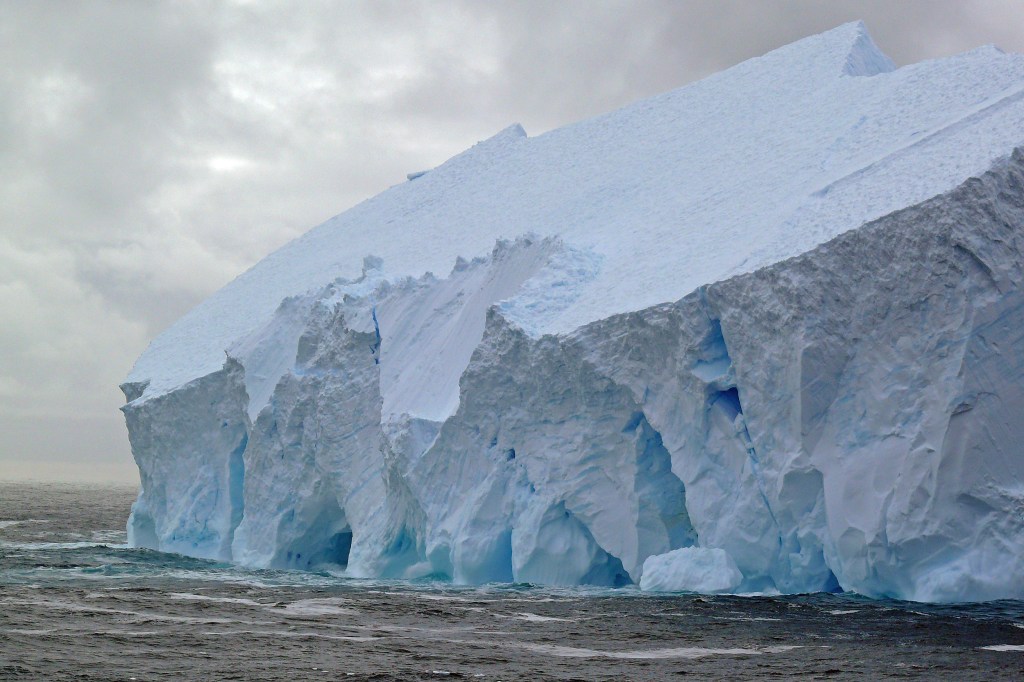
-
Launch of pioneering Ph.D. program bolsters Harvard’s leadership in quantum science and engineering
Today, the University launched one of the world’s first Ph.D. programs in the subject of quantum science and engineering.

-
Dissecting the ‘undruggable’
Researchers at Harvard have designed new, highly selective tools that can add or remove sugars from a protein with no off-target effects, to examine exactly what the sugars are doing and engineer them into new treatments for “undruggable” proteins.
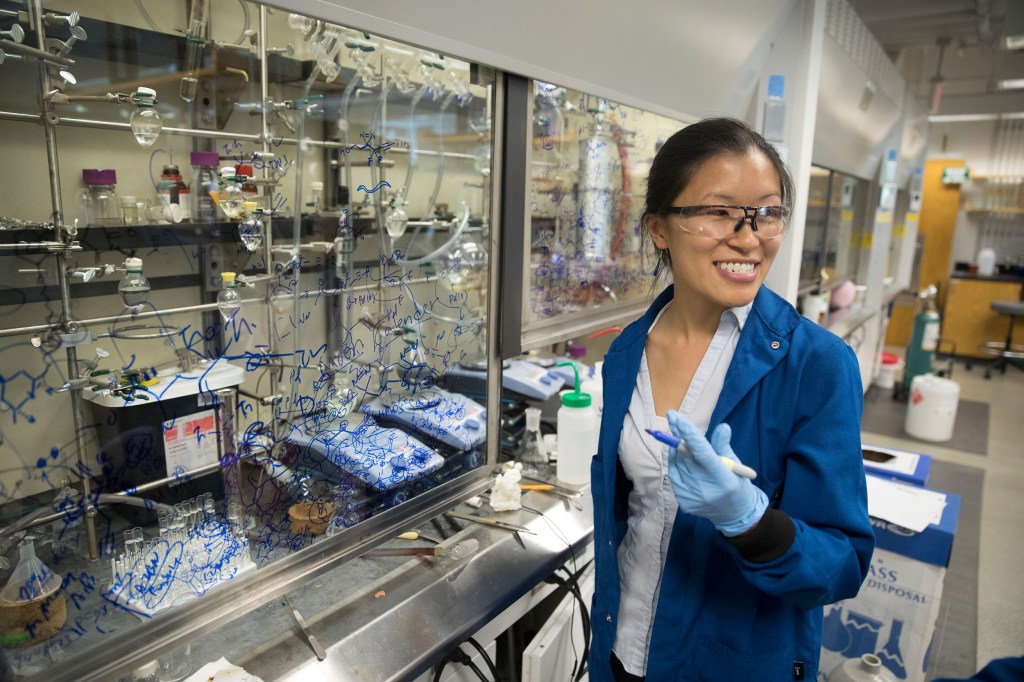
-
A pain in the tooth
Odontoblasts have a newly discovered function: sensing cold, which can trigger pain in teeth. But scientists have also found a way to block the pathway to cold-sensitive teeth.
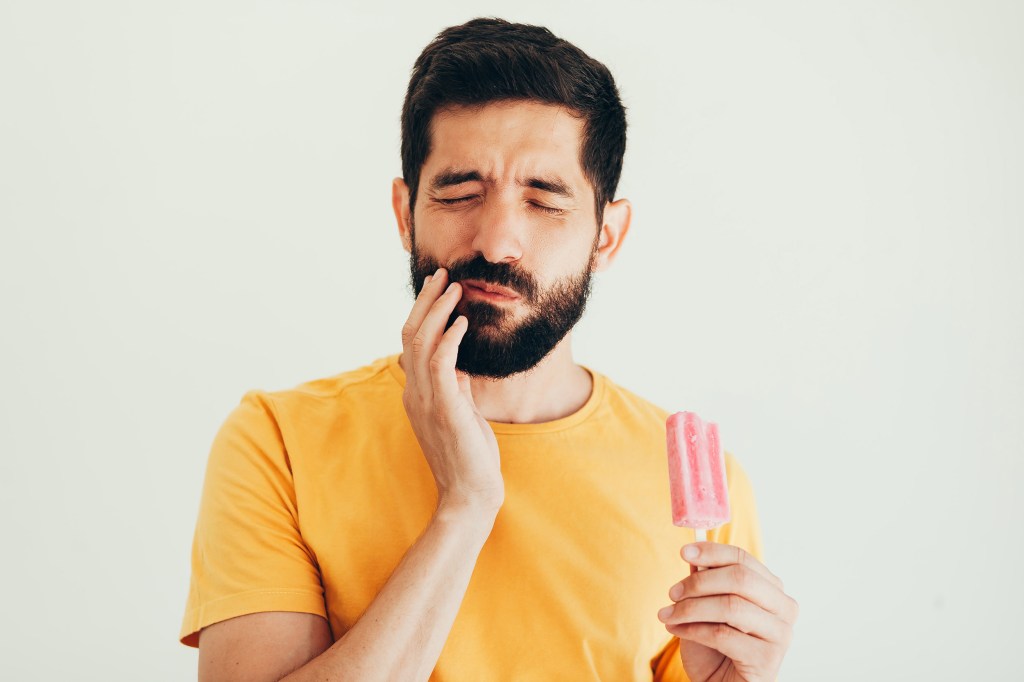
-
How we handle stress at 45 linked to prenatal exposure
Men and women whose mothers experienced stressful events during pregnancy regulate stress differently in the brain 45 years later, results of a long-term study demonstrate.

-
An itching question
Insights at the intersection of the nervous, immune systems point to the culprit.
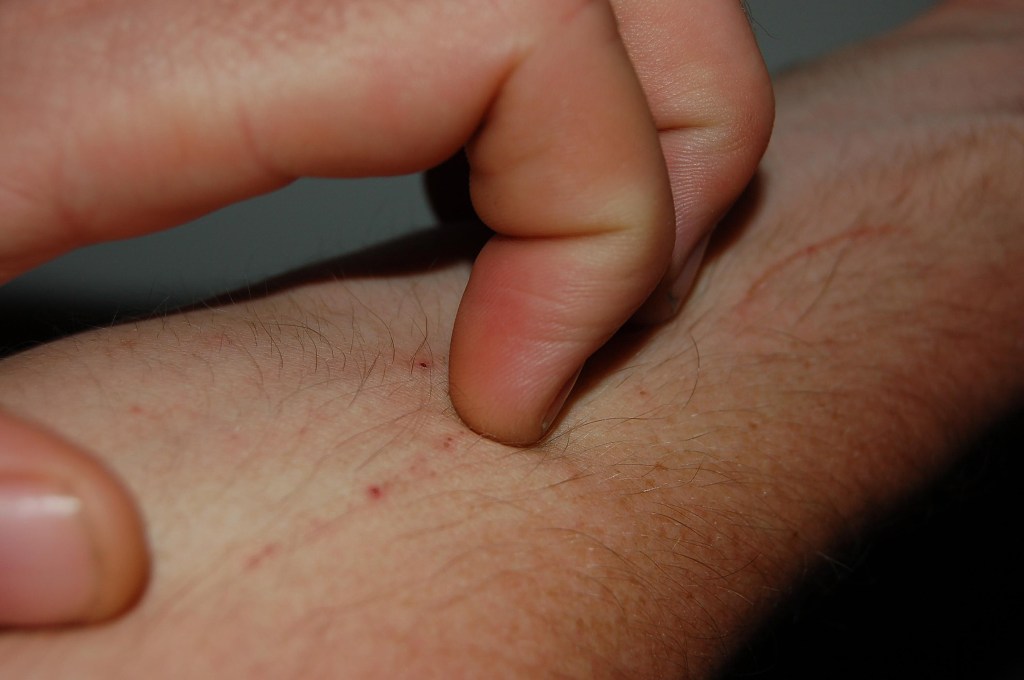
-
How chronic stress leads to hair loss
A Harvard study has confirmed that stress can lead to hair loss.
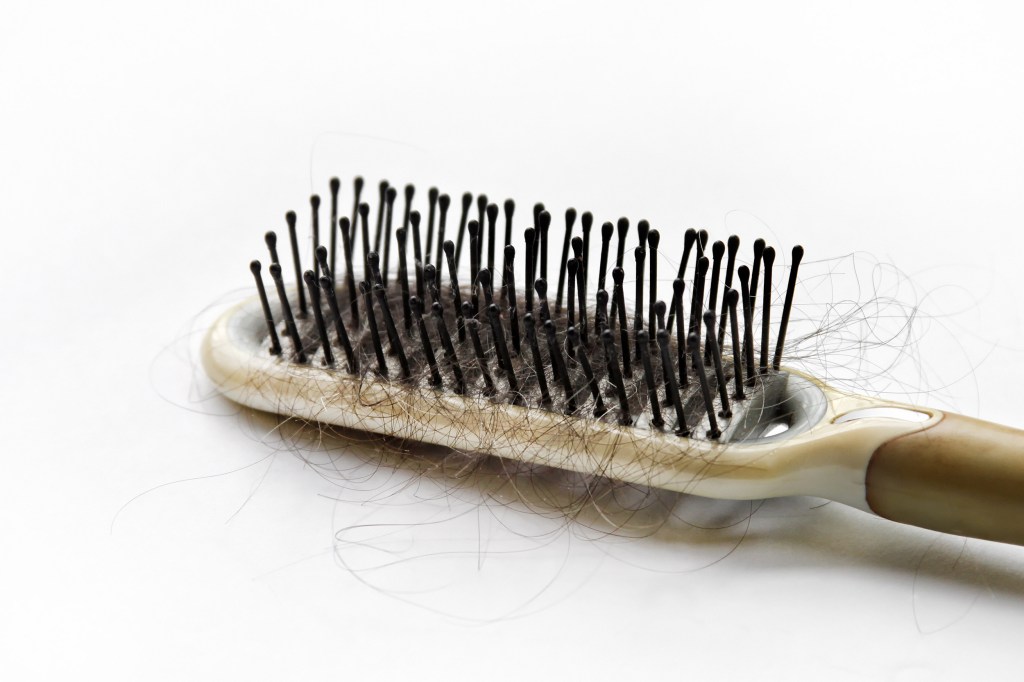
-
Finding a way forward on climate change
If the causes and problems of climate change are entwined, then the solutions must be as well, according to an online panel of Harvard faculty.
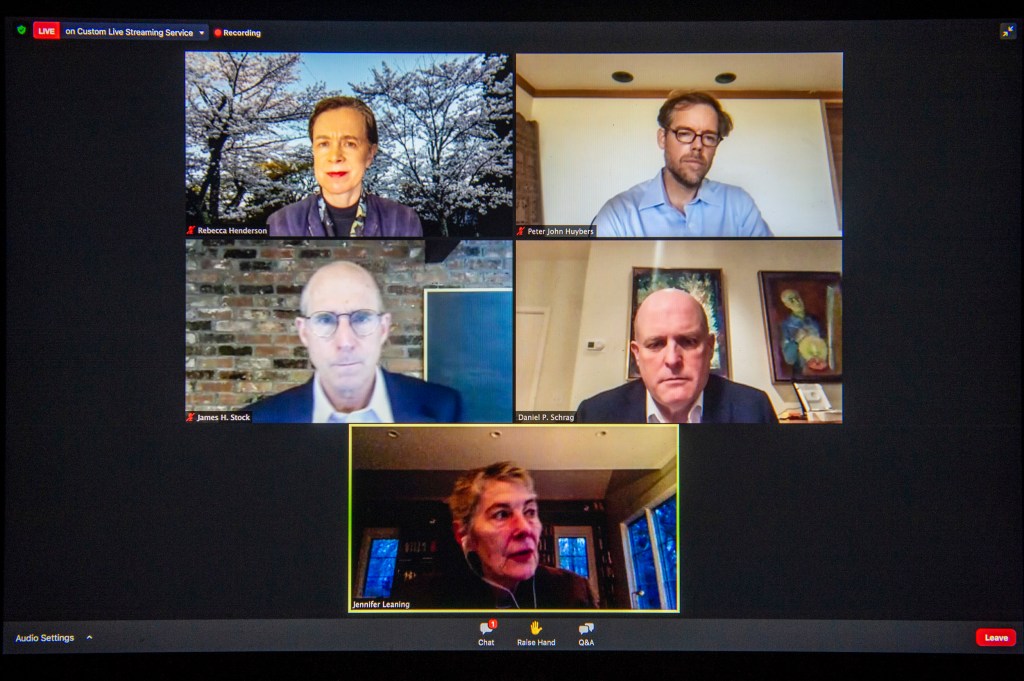
-
Image of black hole’s magnetic fields captured for first time
Images released by the Event Horizon Telescope (EHT) collaboration reveal how the black hole, some 55 million light-years away, appears in polarized light.
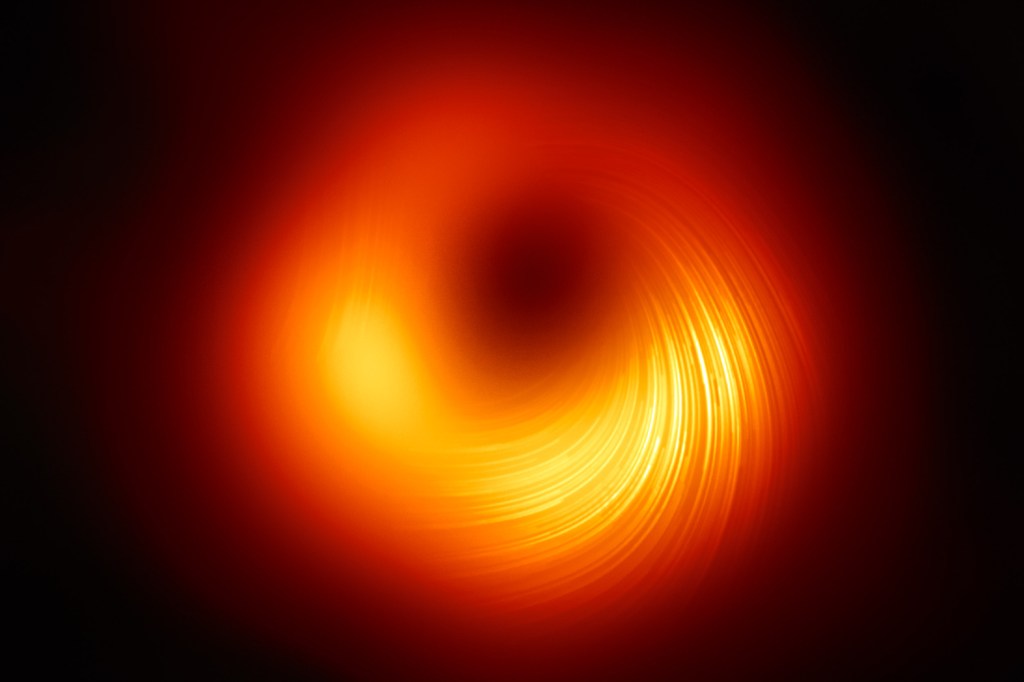
-
DNA, assemble
A concept for seeded all-or-nothing assembly of micron-scale DNA nanostructures that could extend nanofabrication capabilities and enable creation of highly specific diagnostics.
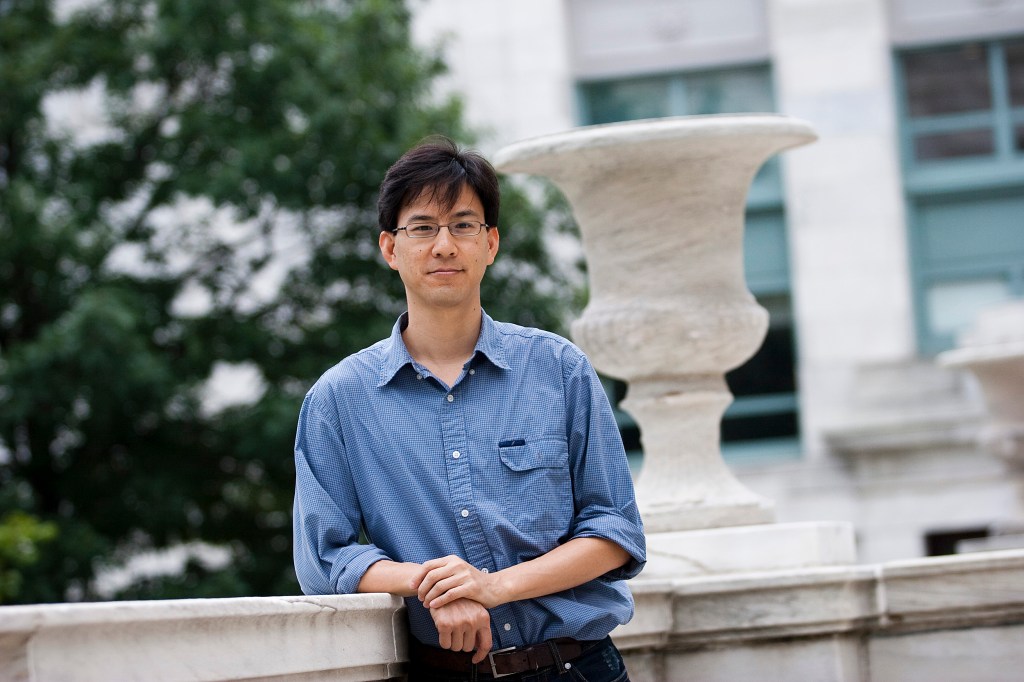
-
Anthropologists dig into fossilized dental plaque for clues to ancient trade
Scientists study ancient human teeth to learn about their surprising diet.
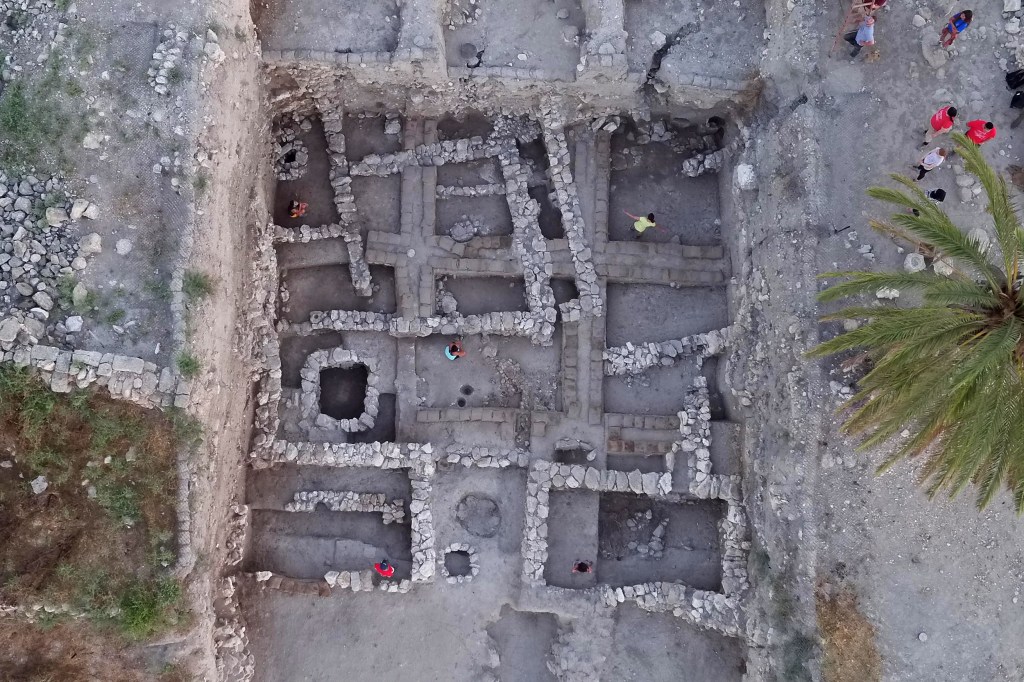
-
A next step in renewable Bionic Leaf fuel production
New system uses the sun and impure water to make renewable energy.
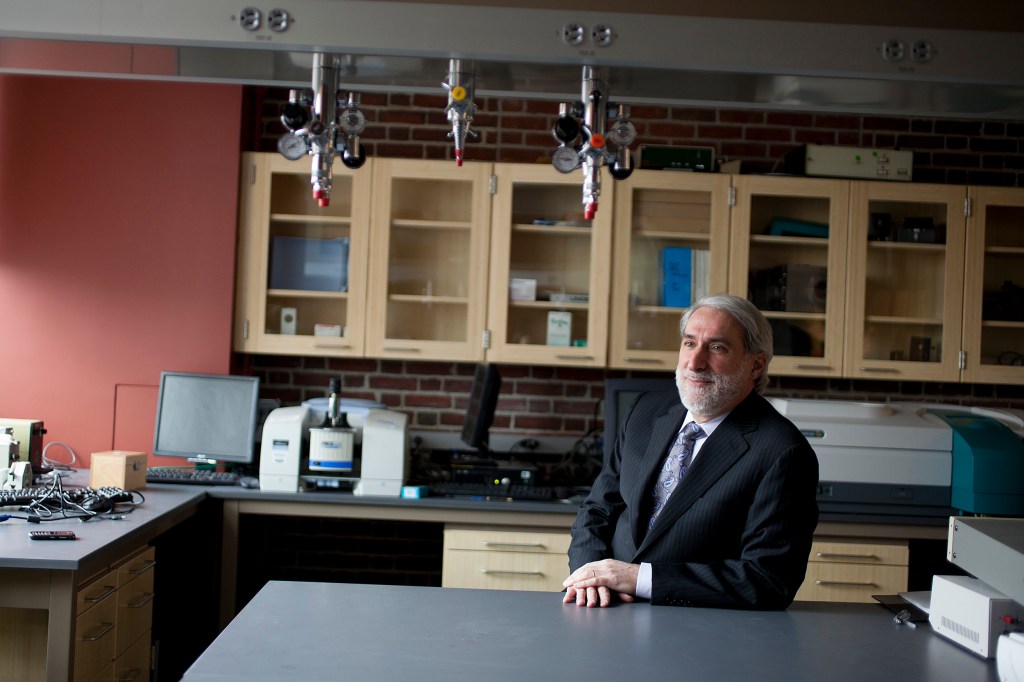
-
Study challenges accepted notion of mammal spine evolution
A new Harvard study challenges the accepted notion of mammal spine evolution
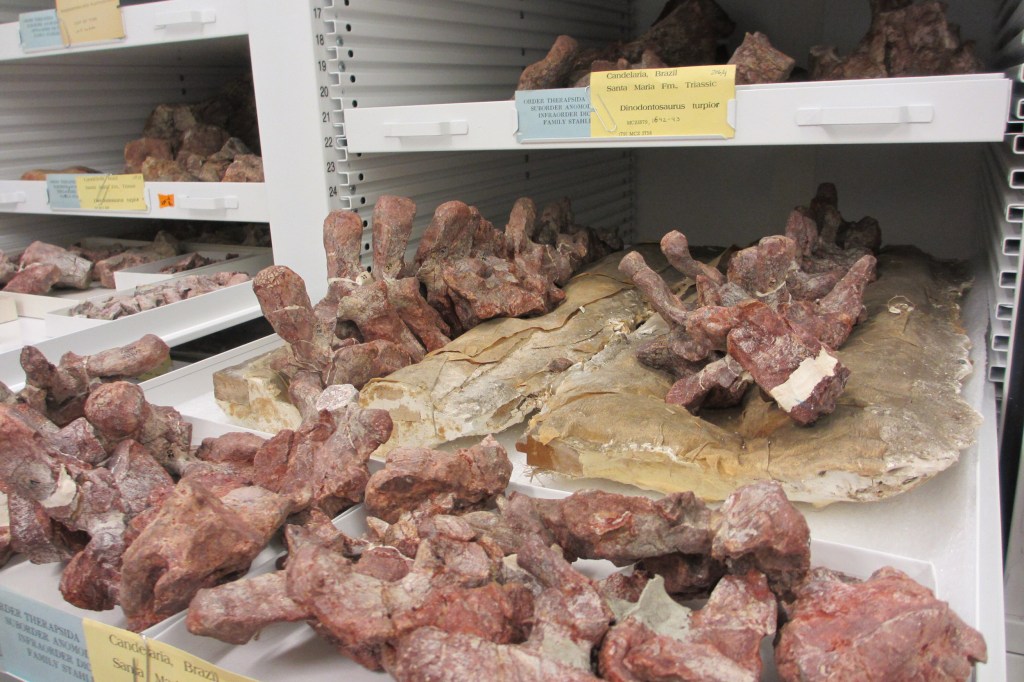
-
Black hole on the move
Astronomers at the Center for Astrophysics | Harvard & Smithsonian have detected a moving supermassive black hole.
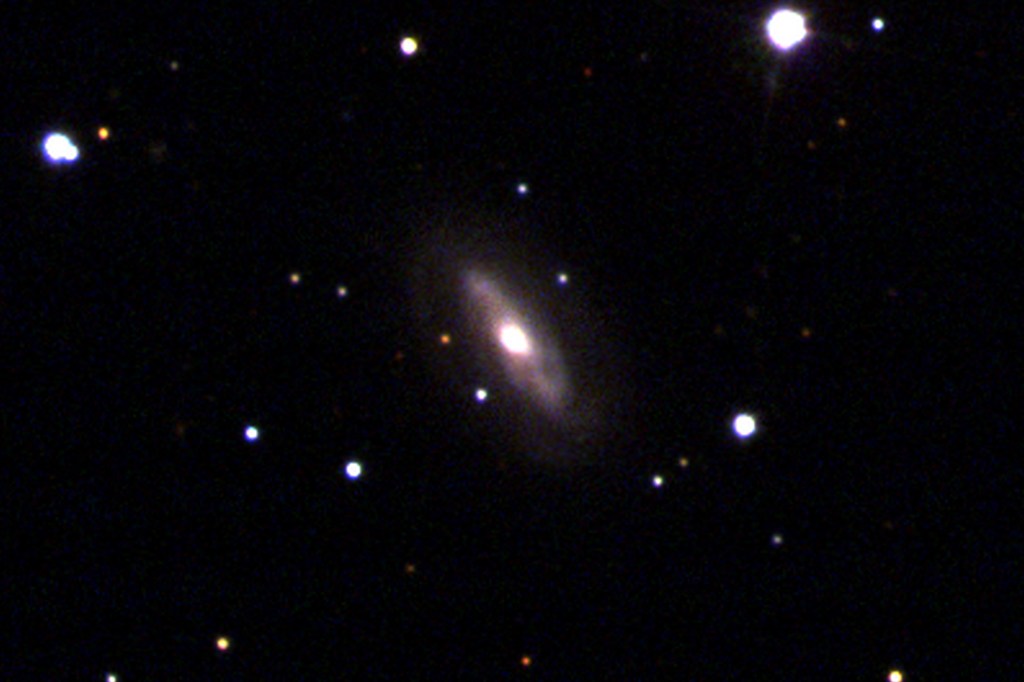
-
Model explains how life may have emerged on Mars
Harvard researchers have solved a decades-old mystery about how the early Martian atmosphere and climate may have evolved to support periods of warmth and running water on the planet.

-
All the ingredients for an expert space baker
Claire Lamman doubles as an astronomy graduate student at Harvard and an expert space baker.
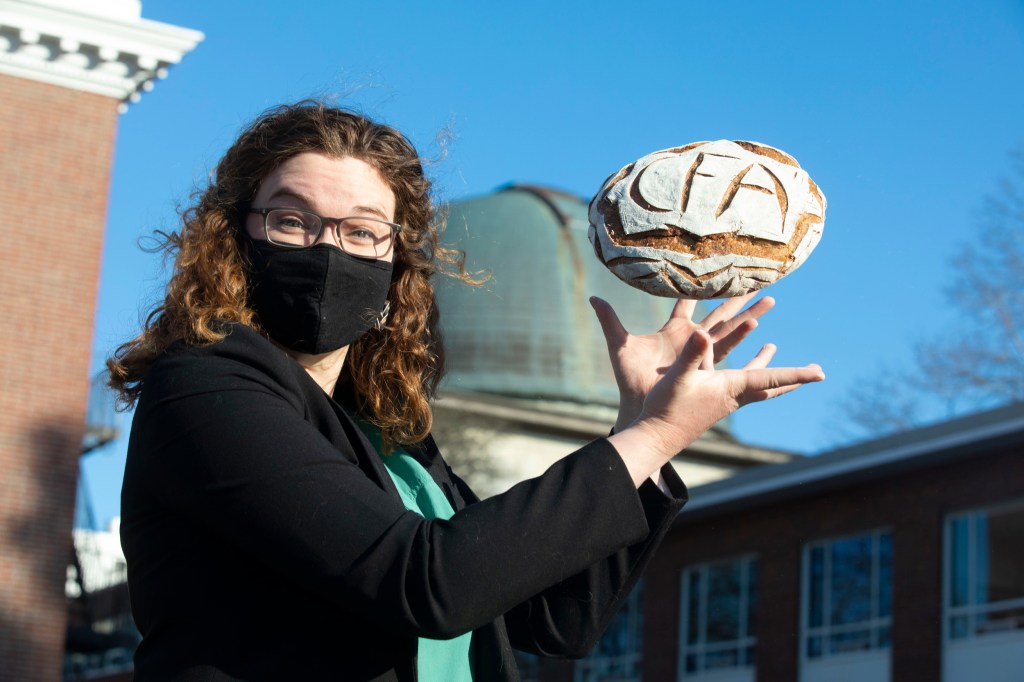
-
Uncovering hidden chemicals
New tool finds and fingerprints previously undetected PFAS compounds in watersheds on Cape Cod.
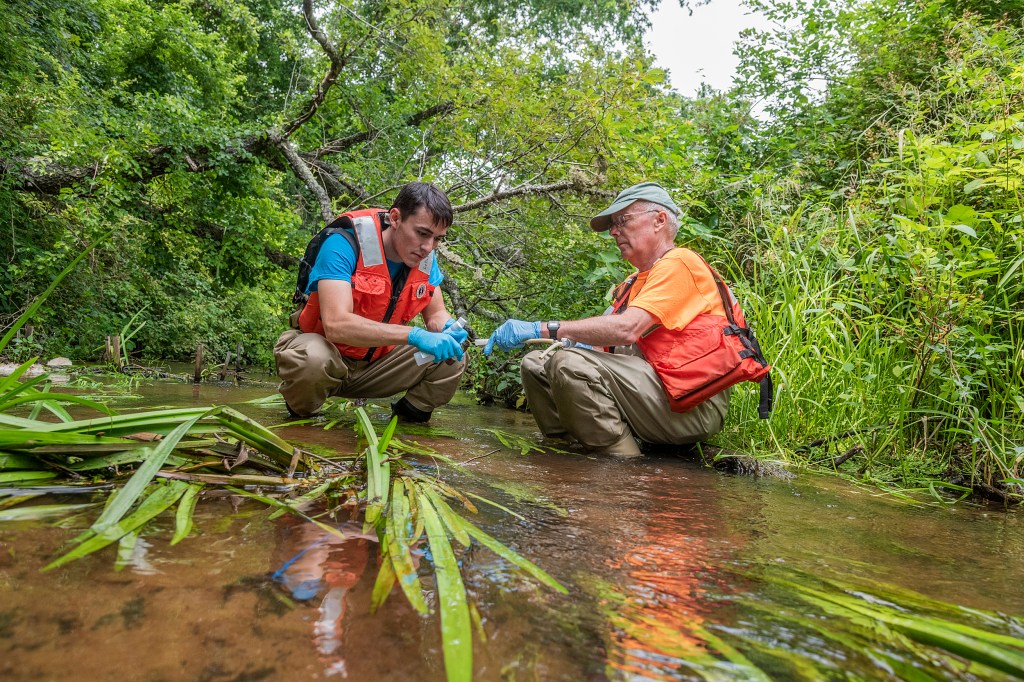
-
A ‘miracle poison’ for novel therapeutics
Researchers prove they can engineer proteins to find new targets with high selectivity, a critical advance toward potential new treatments to help neuroregeneration, cytokine storm.
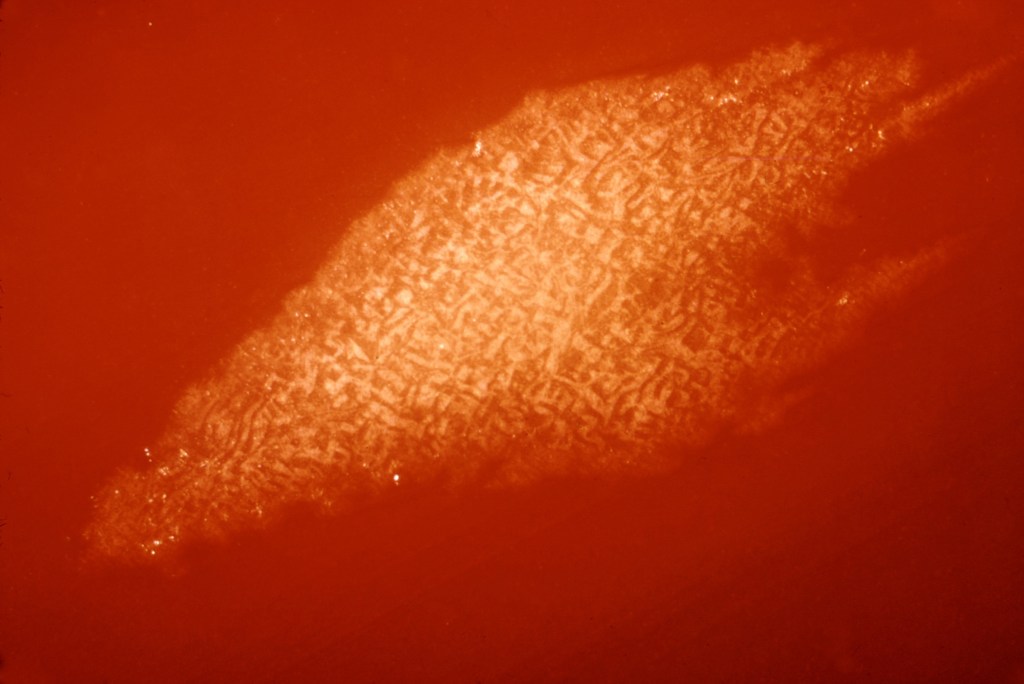
-
Engaging AI in the battle against Alzheimer’s
A team of researchers has developed an artificial intelligence-based method to screen currently available medications as possible treatments for Alzheimer’s disease. The method could represent a rapid and inexpensive way to repurpose existing therapies.
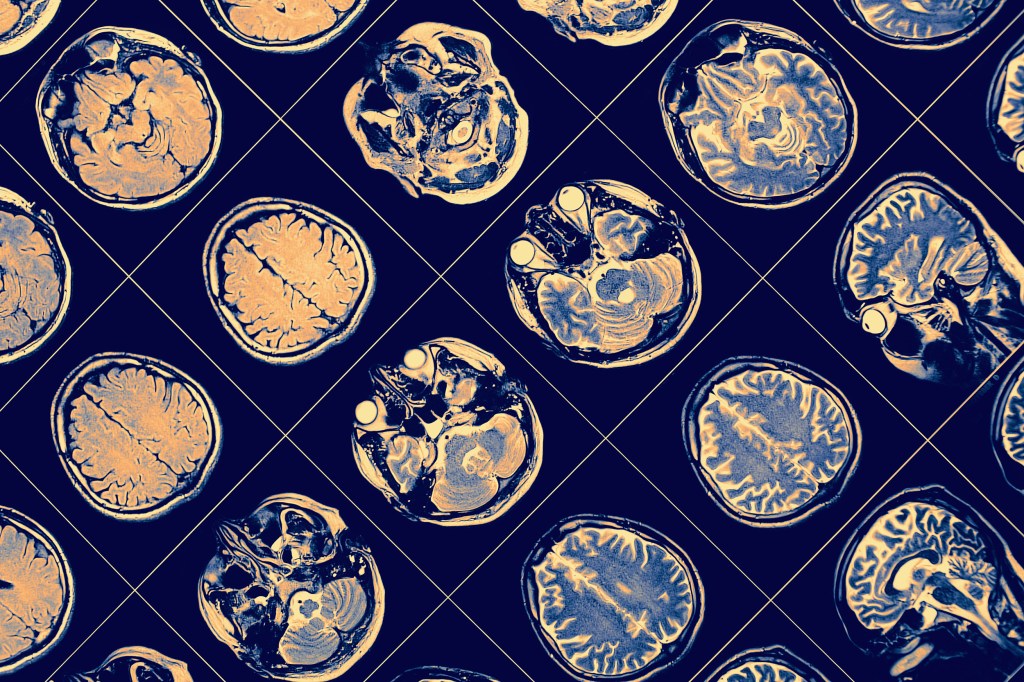
-
Know why conversations either seem too short or too long?
Conversations don’t end when people want them to because few people know how to end them politely, a Harvard study finds.

-
Smaller, faster, greener
Examining the environmental impact of computation and the future of green computing.
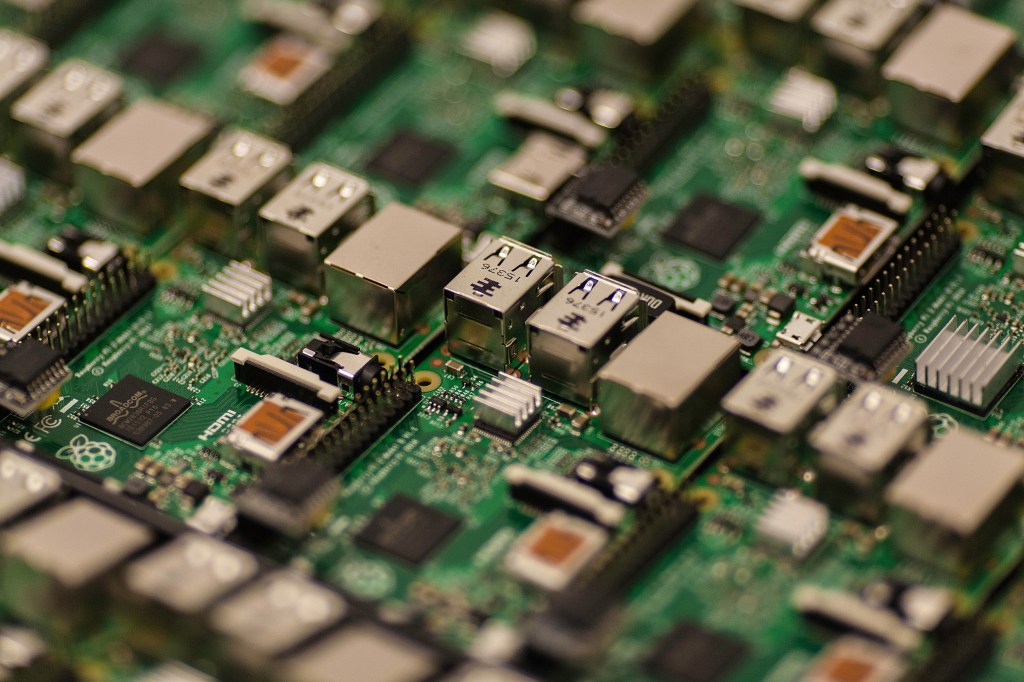
-
Signs of quantum science
Harvard’s Center for Integrated Quantum Materials and The Learning Center for the Deaf are working together to develop American Sign Language modules on quantum science topics for undergraduate students with the aim of increasing STEM opportunities for deaf and hard-of-hearing students.
